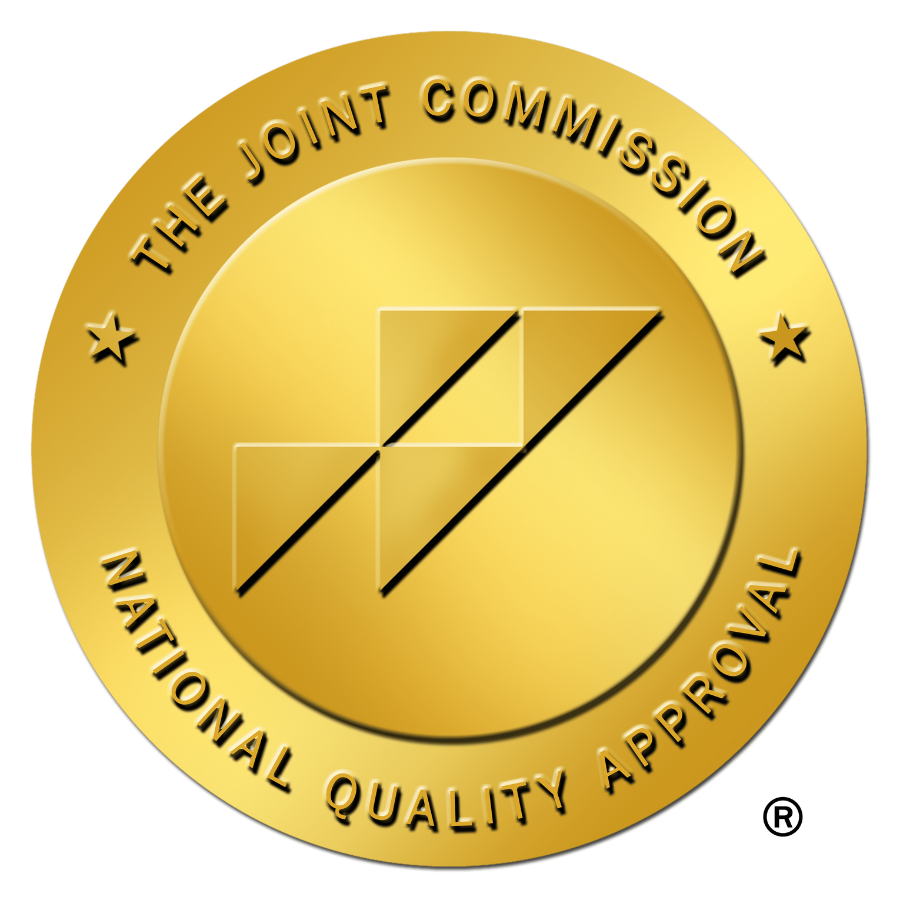Mental health
Mental health refers to the overall psychological well-being—this includes the emotional, psychological, and social well-being of an individual. It influences how we interpret things, how we feel, and what we do to face the obstacles in our daily lives. It also influences how we react to stress, communicate with others, and make decisions.
Mental and physical health both require commitment. Many of us may experience mental or emotional health problems throughout our lives as a result of the numerous pressures we may face.
According to a recent reports published by the National Institute of Mental Health (NIMH):
- 2 in 6 adults face mental health problems
- 3 in 6 children 8 to 17 year olds face mental health problems
- Varying in range from mild to debilitating disorders
The good news is that we can recover control of our lives and achieve mental health and/or sobriety. It is critical to work harder to promote mental health, and there are things we can do to improve our outlook and reinforce our dedication—this involves understanding the importance of a support system, which may include not just family and friends, but strangers, the community, and organizations.
At Solstice, we pay close attention to the connection between social support and how our patients progress in their treatment with us. The success of our patient's healing journey is correlated to their support network, environment, and resources—support network being the most important factor for motivation, behavior, accountability, and finishing strong.
Being emotionally or mentally healthy means a lot more than not having depression, anxiety, or other mental health problems. Aspects of a mentally healthy individual may include:
- a sense of fulfillment
- a passion for life, as well as the ability to laugh and have fun
- the ability to cope with stress and recover from hard times
- a sense of value and purpose in their actions and relationships
- the ability to adapt to change and gain new things
- a healthy balance of work and play, rest and movement, etc.
- the capacity to establish and maintain meaningful connections
- self-assurance and self-esteem
What is a support system?
A support system is defined as a network of people (friends, family, and peers) who can help you with practical or emotional guidance. These support systems have been shown to minimize an individual’s stress and anxiety. They will help you improve your health as a whole.
Building a support system
Support systems are vital for anyone to have. Many people believe that doing things alone is easier and that their own health is something only they should be concerned about. While doing little things on your own is important, having a support system that is there for you when things get difficult is critical to maintaining your mental and physical health.
To make significant progress in developing yourself or learning new skills, you must surround yourself with the proper people. You want the appropriate people to be there to support and encourage you as you go through life.
Importance of a support system
Having a strong support system has many benefits and is closely linked to a person's mental and physical health. It helps by promoting:
- higher levels of well-being
- better coping skills
- a longer healthier life
- reduction of depression and anxiety
- decreased levels of stress
- a sense of companionship and care
But not all support is considered equal.
A healthy relationship will bring you more happiness than stress.
All relationships have stress, but the difference is that prolonged mental stress is prevented or reduced for the members of the relationship when the relationship is based on:
- mutual respect
- trust
- honesty
- support
- equality
- good communication
Healthy relationships may also exhibit the following:
- taking care of yourself and your self-esteem
- maintaining/respecting each other’s individuality
- maintaining relationships with friends/family
- having activities separate from each other and taking interest in those activities
- being able to express yourself freely
- feeling secure/comfortable
- trusting/being honest with each other
- respecting boundaries/privacy
- providing encouragement
- resolving conflict fairly and in a non-violent manner
- practicing fair fighting is an important skill in healthy relationships
An unhealthy relationship will be negative more frequently with stress that is hard to avoid.
Before they escalate, it is critical for individuals to be able to identify signs of unhealthy relationships. This tension is unhealthy for individuals and impacts other areas of their life. It is distinguished by traits such as disrespect and control.
These negative characteristics may include:
- neglecting yourself/partner
- feeling pressure to change who you are
- feeling worried when you disagree with the other person
- feeling pressure to quit activities you enjoy
- pressuring the other person into agreeing with you
- feeling the need to justify your actions
- feeling obligated to do things for them
- lacking privacy
- unfair settlement of arguments
- yelling/physical violence during arguments
- controlling/manipulating each other
- criticizing/controlling behaviors
- not making time with one another
- lack of respect
- lack of fairness/equality
If you relate to any of the negative characteristics mentioned above, that is a wonderful thing because once you recognize it, you can allow it, investigate it, and nurture it because it comes from woundedness. The next step is to heal.
How do you develop a healthy and robust support system?
Firstly—
- review your current social circles and family relationships, then single out the people who offer the most positive but truthful support
- be open to the idea of asking for help when you need it and accepting that help as graciously as possible
- to really make strides in improving yourself or building new skills you must ensure you have the right people surrounding you
- you want the right people to be there to help and cheer for you going through life
We all need co-pilots…
Then start to—
- rebuild your relationships with family and friends by setting new healthy boundaries, effective communication, respectful language and quality time spent together
- cook or bake together
- try new activities alone or in groups to introduce you to fresh faces who may provide a positive influence
- consider joining a sports team or workout group to boost your mood, improve your physical health and give you the opportunity to interact with others
- volunteer through church, school, NAMI, the regional center, County Social Services and parks and rec, animal shelters, animal adoption centers, hospitals and retirement home
- serve to others through peer-to-peer work
- charity walks with friends and family
- create a running or exercise group/club with friends and family
- start a book club and invite your friends, family and community members
- small group through your church
- integrate back to school or work
Seek professional help
Everyone is unique, and may receive perks that are entirely specific to each situation. One thing is certain for all of us in life: barriers or difficulties will change the direction of our lives, but with a strong support network that includes family, friends, the community, and experts… you can overcome them and realign with your life goals.
Nobody can do everything alone, so if you only remember one thing from tonight, let it be to reach out and let others reach in.
It is also critical to recognize when you need to get help. Mental health problems can be treated with therapy and/or medications. If you've made consistent efforts to improve your mental and emotional health and still aren't functioning optimally at home, at work, or in your relationships, it may be time to seek professional help.
If you'd like to learn more about our Signature Services, text or call us at (214) 306-8447. To help us get to know you better, you may also take this short assessment and verify your insurance.
Solstice is dedicated to helping you #ResetAndRise.






